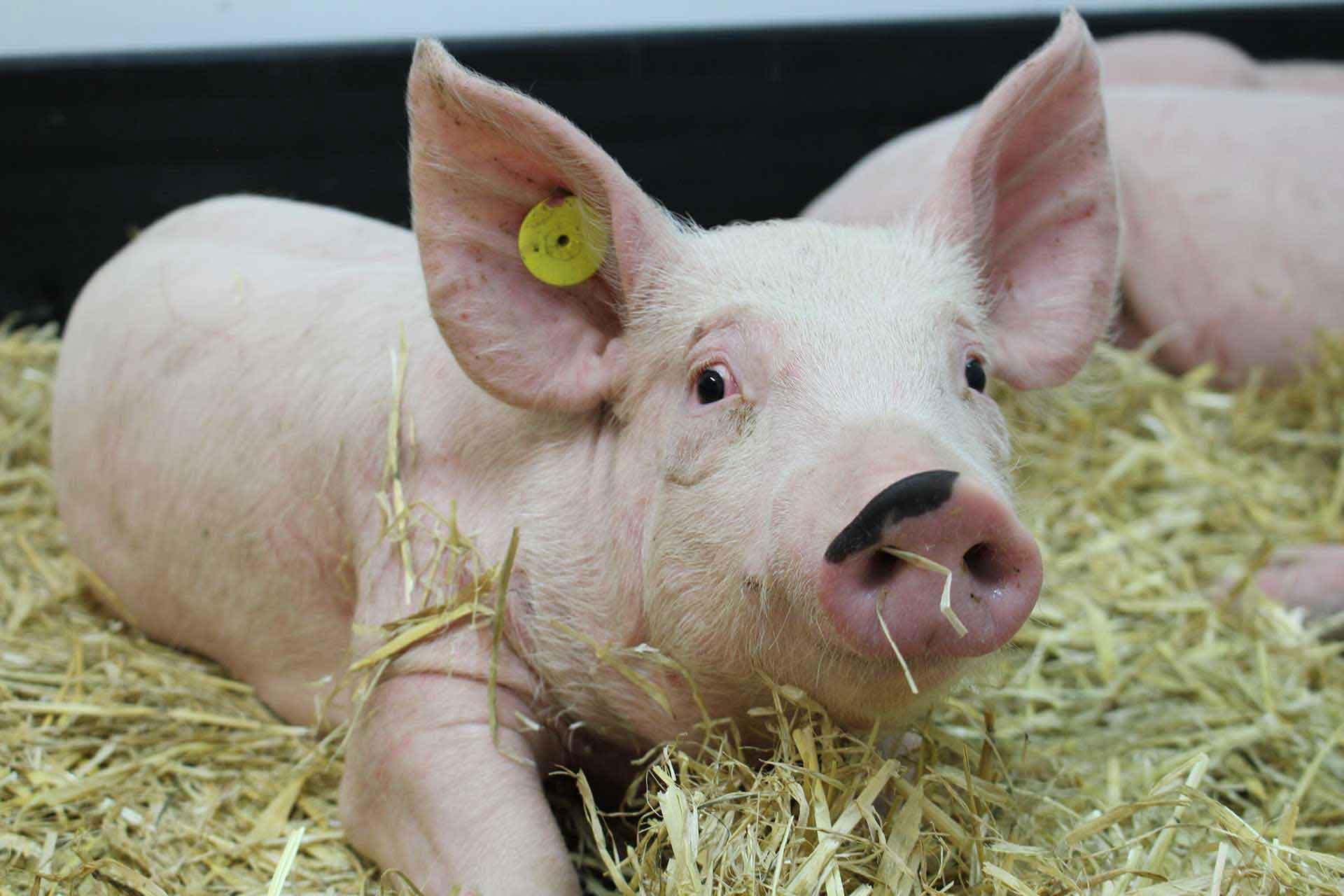Immunogenicity and protective efficacy of prime-boost regimens with recombinant delta ureC hly(+) Mycobacterium bovis BCG and modified vaccinia virus Ankara expressing M. tuberculosis antigen 85A against murine tuberculosis
In the light of the recent emergence of multidrug-resistant and extensively drug-resistant strains of Mycobacterium tuberculosis, the epidemic of tuberculosis (TB) in populations coinfected with human immunodeficiency virus, and the failure of Mycobacterium bovis bacillus Calmette-Guerin (BCG) to protect against disease, new vaccines against TB are urgently needed. Two promising new vaccine candidates are the recombinant Delta ureC hly(+) BCG (recBCG), which has been developed to replace the current BCG vaccine strain, and modified vaccinia virus Ankara (MVA) expressing M. tuberculosis antigen 85A (MVA85A), which is a leading candidate vaccine designed to boost the protective efficacy of BCG. In the present study, we examined the effect of MVA85A boosting on the protection afforded at 12 weeks postchallenge by BCG and recBCG by using bacterial CFU as an efficacy readout. recBCG-immunized mice were significantly better protected against aerosol challenge with M. tuberculosis than mice immunized with the parental strain of BCG. Intradermal boosting with MVA85A did not reduce the bacterial burden any further. In order to identify a marker for the development of a protective immune response against M. tuberculosis challenge, we analyzed splenocytes after priming or prime-boosting by using intracytoplasmic cytokine staining and assays for cytokine secretion. Boosting with MVA85A, but not priming with BCG or recBCG, greatly increased the antigen 85A-specific T-cell response, suggesting that the mechanism of protection may differ from that against BCG or recBCG. We show that the numbers of systemic multifunctional cytokine-producing cells did not correlate with protection against aerosol challenge in BALB/c mice. This emphasizes the need for new biomarkers for the evaluation of TB vaccine efficacy.
Back to publications
